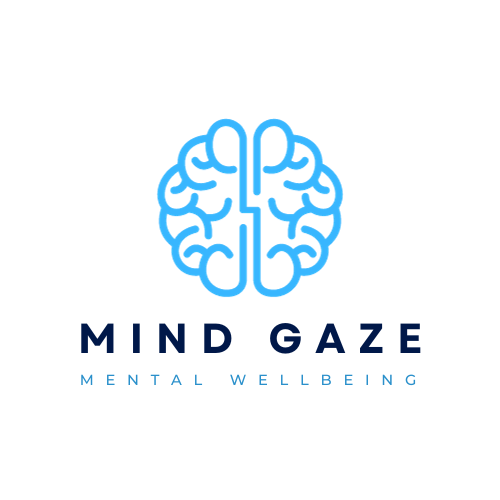Social anxiety is one of the most common mental health disorders in the world. It can cause significant emotional distress and may interfere with an individual’s ability to lead a fulfilling life. Young adults are particularly vulnerable to social anxiety due to the many new social situations they encounter as they navigate through adolescence and early adulthood. Fortunately, there are strategies that can help reduce social anxiety symptoms and improve overall well-being.
Practice Relaxation Techniques
When we experience social anxiety, our nervous system goes into overdrive, leading to physical symptoms like sweating, shaking, and a racing heartbeat. Practicing relaxation techniques like deep breathing, progressive muscle relaxation, and mindfulness meditation can help calm these physical symptoms and reduce overall anxiety levels.
Challenge Negative Thoughts
Social anxiety often stems from negative thoughts about ourselves and how we believe others perceive us. These thoughts are often irrational and can reinforce our anxiety. It’s essential to challenge these negative thoughts and replace them with more rational and positive ones.
Gradual Exposure Therapy
Avoiding anxiety-provoking situations might bring temporary relief, but it can also keep us stuck in a cycle of fear and avoidance. Instead, consider gradual exposure therapy. This involves gradually exposing yourself to anxiety-provoking situations in a controlled and safe environment. As you face these situations and realize that nothing terrible happens, your anxiety will start to diminish.
Seek Out Support
Social anxiety can be isolating and make us feel like we’re alone in our struggles. Seeking out support from friends, family, or a mental health professional can help you feel less alone and provide a safe space to discuss your concerns.
Take Care of Your Physical and Mental Health
Taking care of our physical health through regular exercise, a healthy diet, and getting enough sleep can help improve our overall well-being, including our mental health. It’s also essential to prioritize self-care practices like engaging in hobbies, spending time in nature, and taking time to relax and recharge.
Conclusion:
Social anxiety can be a disabling condition, but it doesn’t have to be. By practicing relaxation techniques, challenging negative thoughts, trying gradual exposure therapy, seeking out support, and taking care of our physical and mental health, we can overcome social anxiety and lead a fulfilling life. Remember, everyone experiences anxiety, and it’s okay to feel nervous sometimes. You’re not alone, and there’s no shame in seeking out help. By taking consistent actions towards reducing social anxiety, you can improve your overall quality of life and form meaningful connections with others.





Hi, this is a comment.
To get started with moderating, editing, and deleting comments, please visit the Comments screen in the dashboard.
Commenter avatars come from Gravatar.